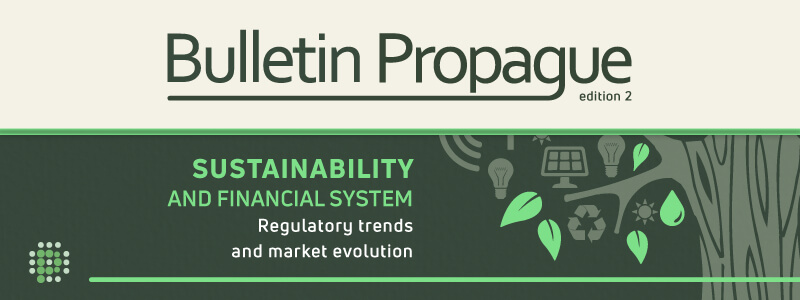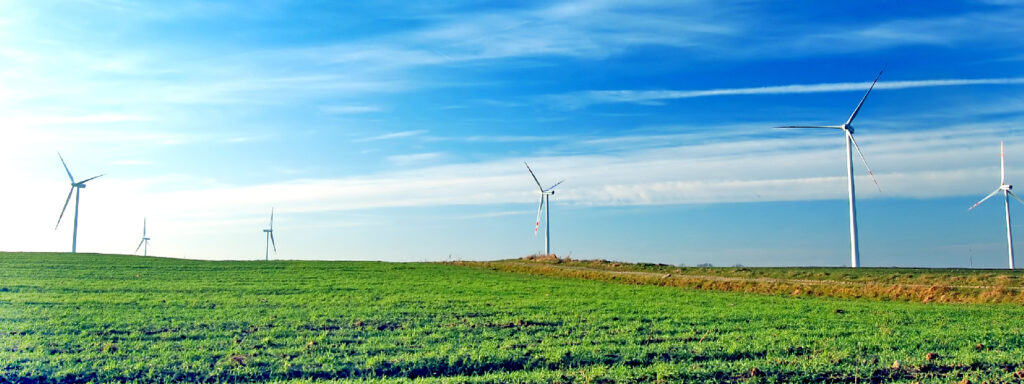The International Monetary Fund (IMF) has launched a new climate change data dashboard to support policymaking for a sustainable economy around the world.
The platform provides a look at the performance of the world’s economies in mitigating and adapting to climate change across four dimensions: economic activity, international trade, physical and transition risks, and government policies.
The indicators address issues like greenhouse gas emissions, the green finance market, public spending on environmental protection, and pro-energy transition tax policies.
“To develop the right measures to tackle climate change, governments need robust and comparable data. The new IMF Dashboard will help fill data gaps, so policymakers can undertake the macroeconomic and financial analysis that underpins effective policies,” said IMF Managing Director Kristalina Georgieva.
Energy transition: A matter of economic policy
All economic activities consume natural resources, directly or indirectly, and generate some degree of pollution. The problem is that current levels of global production and consumption demand more resources from the planet than its capacity to regenerate. In 2019, the Earth Overload Day was recorded on a record date: July 29.

In recent decades, the record of natural disasters has grown from 100 disasters per year in 1980 to 350 in 2020. Source: IMF, Climate Change Indicators Dashboard.
Global warming, associated with greenhouse gas emissions, is already causing disruption in different parts of the globe due to extreme situations such as floods, hurricanes, and droughts.
“Anybody who still does not believe in climate change should come to Central America,” said Dante Mossi, president of the Central American Bank for Economic Integration at an event hosted by the think tank OMFIF. “We produce very little greenhouse gas, but we suffer heavily from the destruction created by climate change”, he said referring to the two hurricanes that hit the region in a short period of time in 2020.
In addition to the problems already observed in the present, from the point of view of economic policy makers, the depletion of natural resources also has a negative effect on long-term economic growth. It will be impossible to maintain the reproduction of the economic system as we see it today if the natural resources that are fundamental to the production chains are in short supply.
Sustainability and the environment: the role of investments to reduce greenhouse gases
The consensus around the detrimental effects of carbon emissions led 196 countries to sign the Paris Agreement in 2015. In the Agreement, signatories committed to reduce carbon emissions to mitigate global warming. The goal set by Brazil is to achieve by 2025 greenhouse gas emissions 37% lower than the level recorded in 2005.

Source: IMF, Climate Change Indicators Dashboard.
In order to achieve this goal it is paramount to reduce deforestation and to shift the technological paradigm towards renewable energy sources – such as solar, wind, hydro and biomass. This means developing and expanding sustainable energy sources, but also adapting our consumption and production technology in all sectors that are currently based on non-renewable, high-carbon-emitting sources such as coal and oil derivatives.
This is a transformation that is far from simple and affects entire industries. Therefore, the transition to a sustainable production paradigm requires the definition of priorities, goals, and a large volume of public and private investments.
Green Finance and the sustainable economy
Responding to the challenge of financing the energy transition, investor interest in green finance – or sustainable finance – has been growing. The IMF data panel brings some indicators that attempt to measure this evolution.
The graph below shows the issuance of new green bonds, intended to finance environmentally sustainable projects.

The green bonds issued in 2020 are worth nearly $300 billion. Most of these bonds fund certified “green projects” and energy efficiency initiatives. Source: IMF, Climate Change Indicators Dashboard.
Another indicator to measure the performance of green finance calculates the carbon footprint of the credit market in each country. The CFALTL index, Carbon footprint-adjusted loans to total loans for deposit takers, is an estimate for the amount of CO2 emitted by the companies financed by financial institutions in the country. The calculation is based on the carbon intensity of each industry sector.
In 2015, for every million dollars lent in Brazil, the IMF estimates that 208 tons of carbon dioxide gas were emitted. Among the 41 countries analyzed, Brazil ranks 13th, between Canada (218 ton) and Peru (204 ton). The graph below shows how the average emissions per million US$ loans granted in the Brazilian market increased between 2012 and 2015.
Carbon footprint-adjusted loans to total loans for deposit takers in Brazil

Source: IMF, Climate Change Indicators Dashboard.
The capital market’s interest in the sustainable economy is a positive trend in the pursuit of environmentally sustainable development. Still, the financial sector alone will not solve the problem of climate change.
“The solution to the climate crisis without the active participation of the State is unlikely, given the scale of investment needed to change the structure of national economies, and the uncertainties that changes in the technological paradigm impose on private investment,” write Márcio Alvarenga Jr. and Carlos Eduardo Young, economists from the Environmental Economics and Sustainable Development Group.



